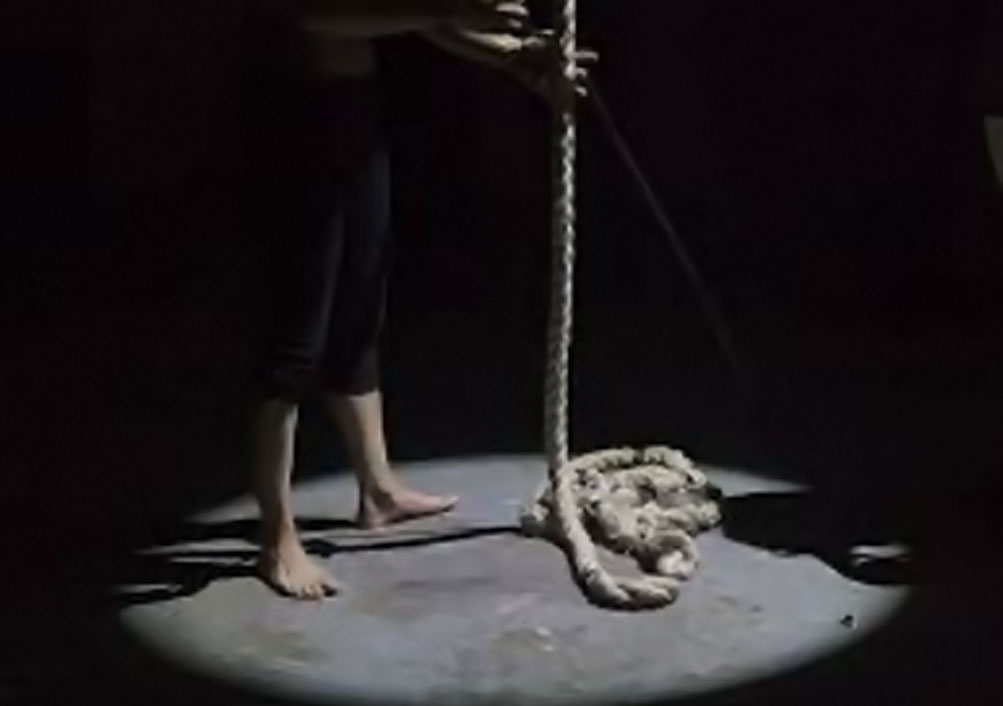No conviction can be made for ‘abetment’, in absence of any positive act on part of accused to instigate in committing suicide:SC

Read Judgment: Kanchan Sharma vs. State of Uttar Pradesh & Anr
Pankaj Bajpai
New Delhi, September 20, 2021: The Supreme Court has opined that to proceed against any person for the offence u/s 306,IPC, it requires an active act or direct act which led the deceased to commit suicide, seeing no option and that act must have been intended to push the deceased into such a position that he committed suicide.
A Division Bench of Justice R. Subhash Reddy and Justice Hrishikesh Roy observed that ‘abetment’ involves mental process of instigating a person or intentionally aiding a person in doing of a thing, and without positive act on the part of the accused to instigate or aid in committing suicide, no one can be convicted for offence u/s 306, IPC.
The background of the case was that the appellant approached the High Court for quashing of cognizance order / NBW issued against her as well as the criminal proceedings pending on the file of the Additional District & Sessions Judge / Special Judge, Scheduled Castes & Scheduled Tribes (Prevention of Atrocities) Act, by way of application u/s 482,CrPC.
It was the case of the appellant that no offence was made out against the appellant to proceed for trial for the alleged offence u/s 306, IPC and Section 3(2)(v) of the Scheduled Castes and the Scheduled Tribes (Prevention of Atrocities) Act, 1989.
The High Court however disposed of the petition mainly on the ground that the disputed questions of fact cannot be adjudicated at this stage u/s 482, Cr.PC.
After perusing the evidence, the Top Court found that except the self-serving statements of the complainant and other witnesses stating that the deceased was in love with the appellant, there was no other material to show that appellant was maintaining any relation with the deceased.
On the date of the incident, the deceased went to the house of the appellant and consumed poison by taking out from a small bottle which he had carried in his pocket. Merely because he consumed poison in front of the house of the appellant, that itself would not indicate any relation of the appellant with the deceased, noted the Court.
With regard to offence alleged u/s 3(2)(v) of the Act, the Division Bench noticed that except vague and bald statement that the appellant and other family members abused deceased by uttering casteist words, there was nothing on record to attract any of the ingredients for the alleged offence also.
Stating that it would be travesty of justice to compel the appellant to face a criminal Trial without any credible material, the Top Court concluded that the High Court has committed error in rejecting the application filed by the appellant by merely recording a finding that in view of the factual disputes same cannot be decided in a petition u/s 482, Cr.PC.
Sign up for our weekly newsletter to stay up to date on our product, events featured blog, special offer and all of the exciting things that take place here at Legitquest.




Add a Comment